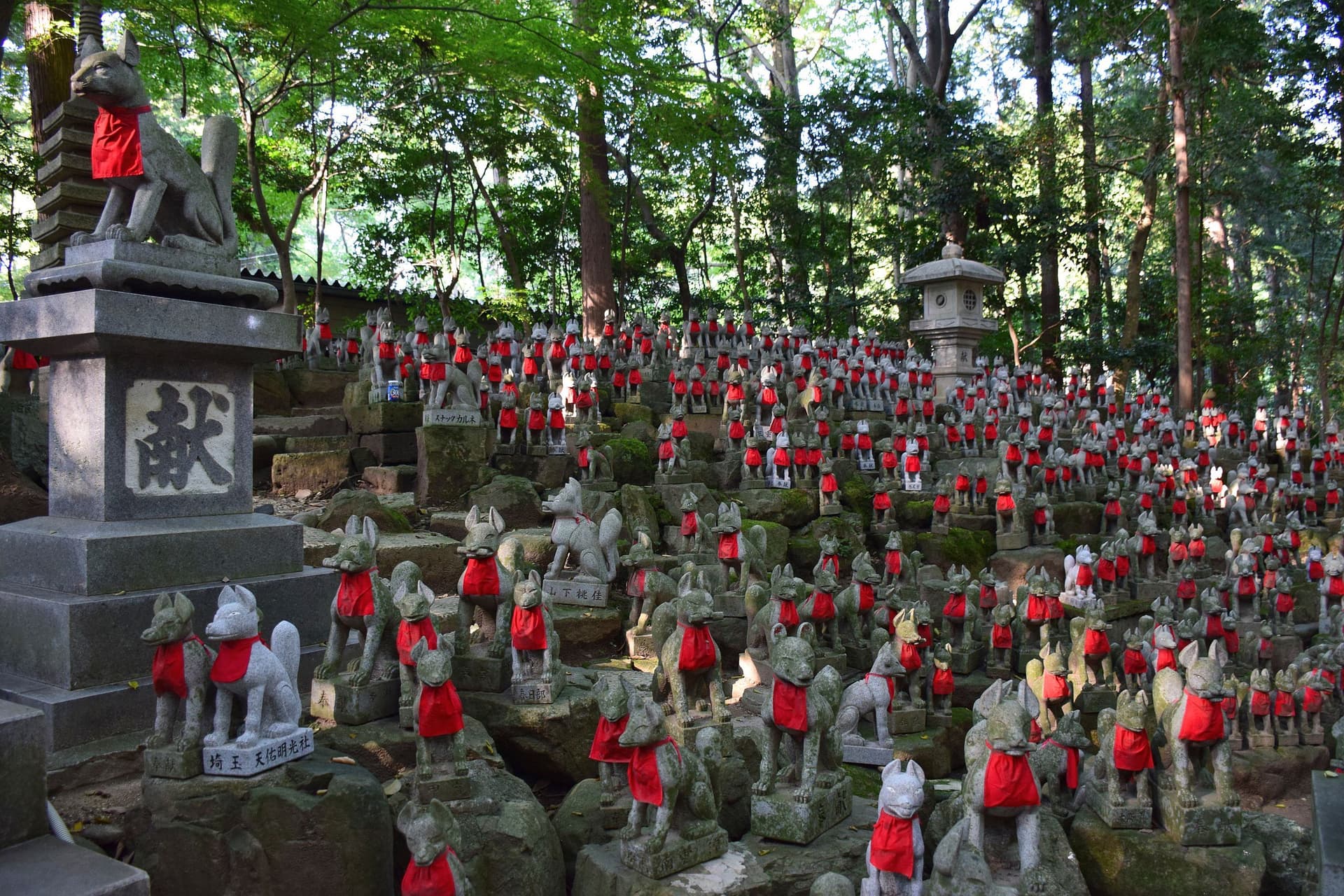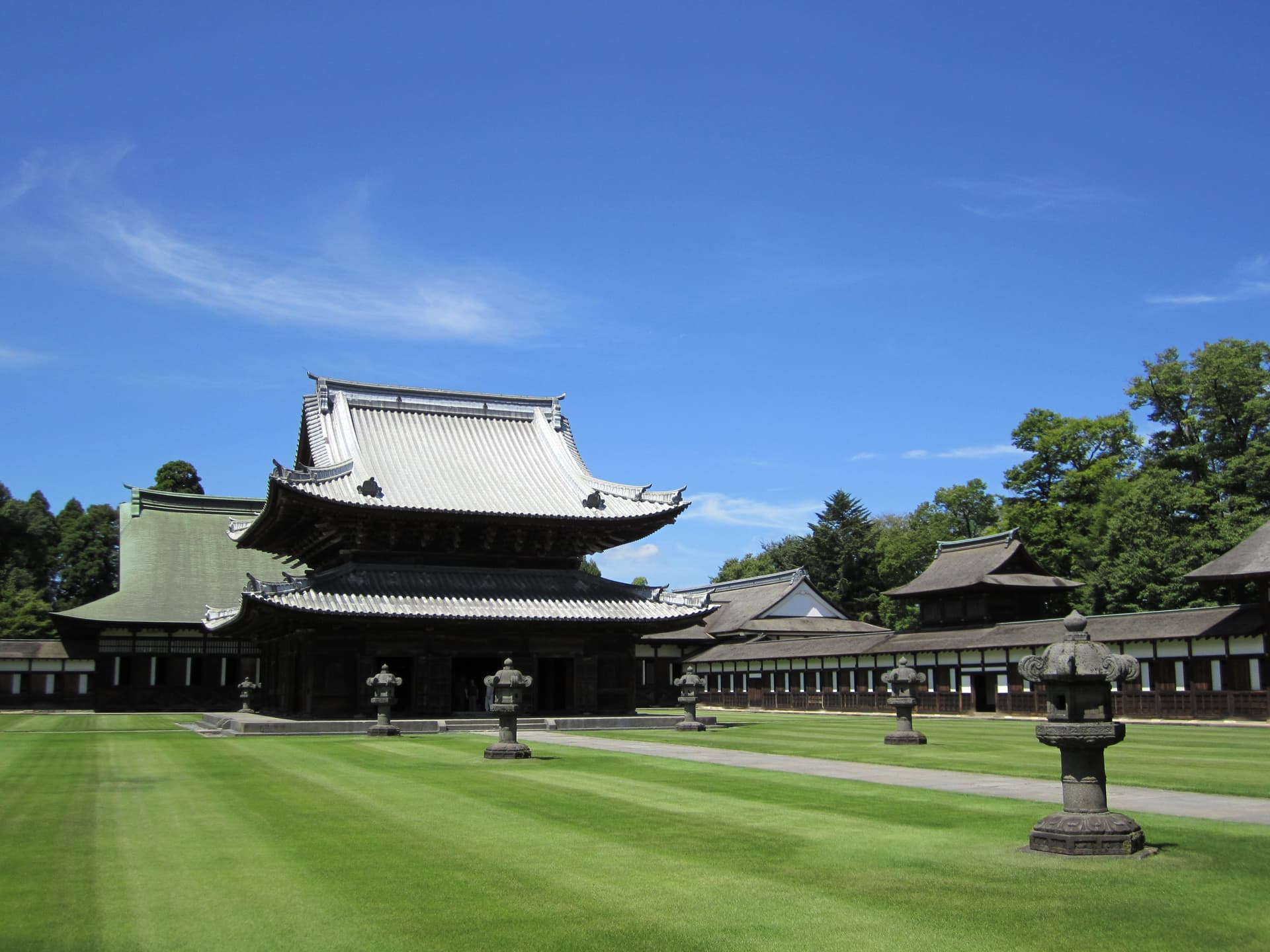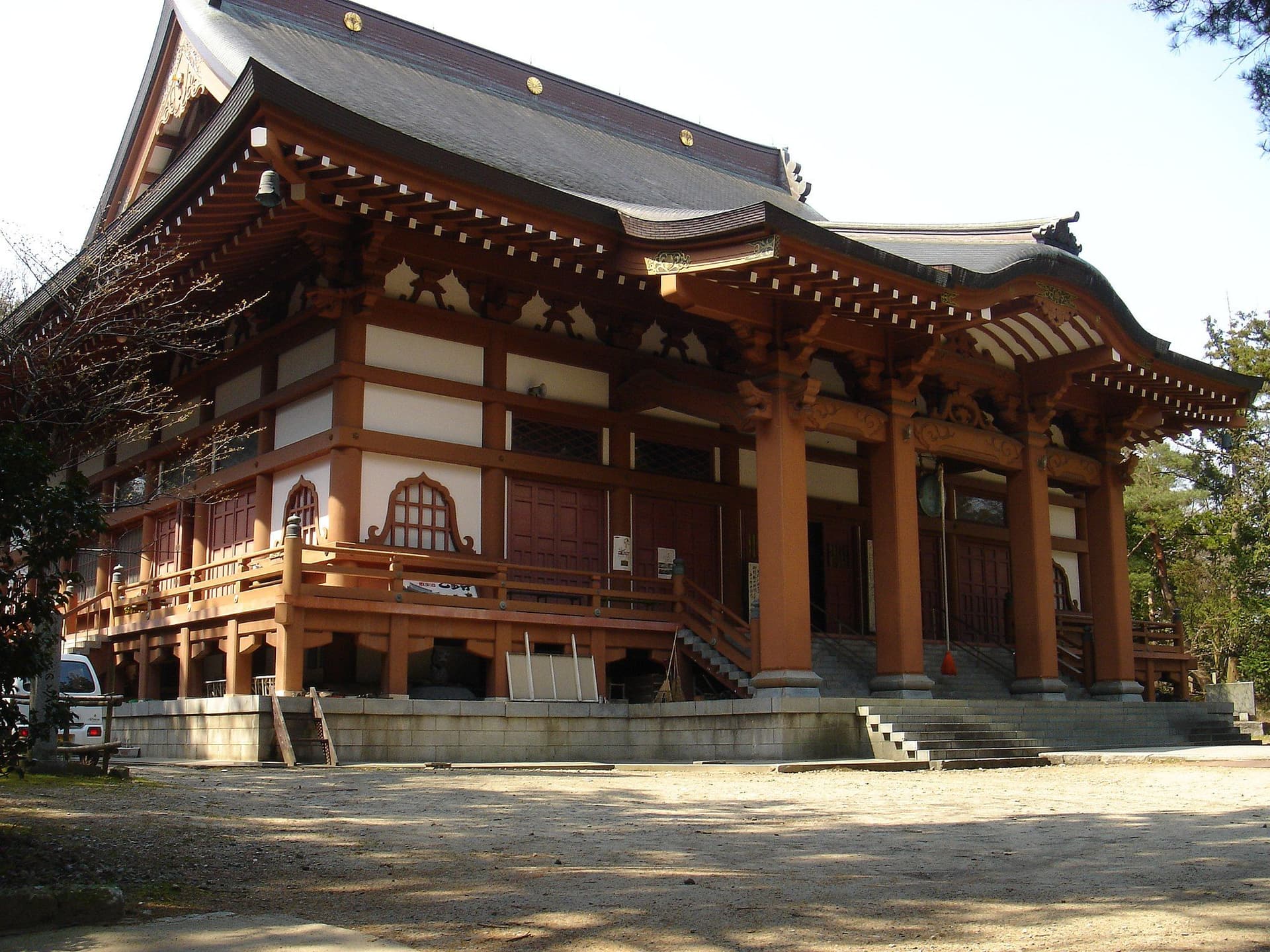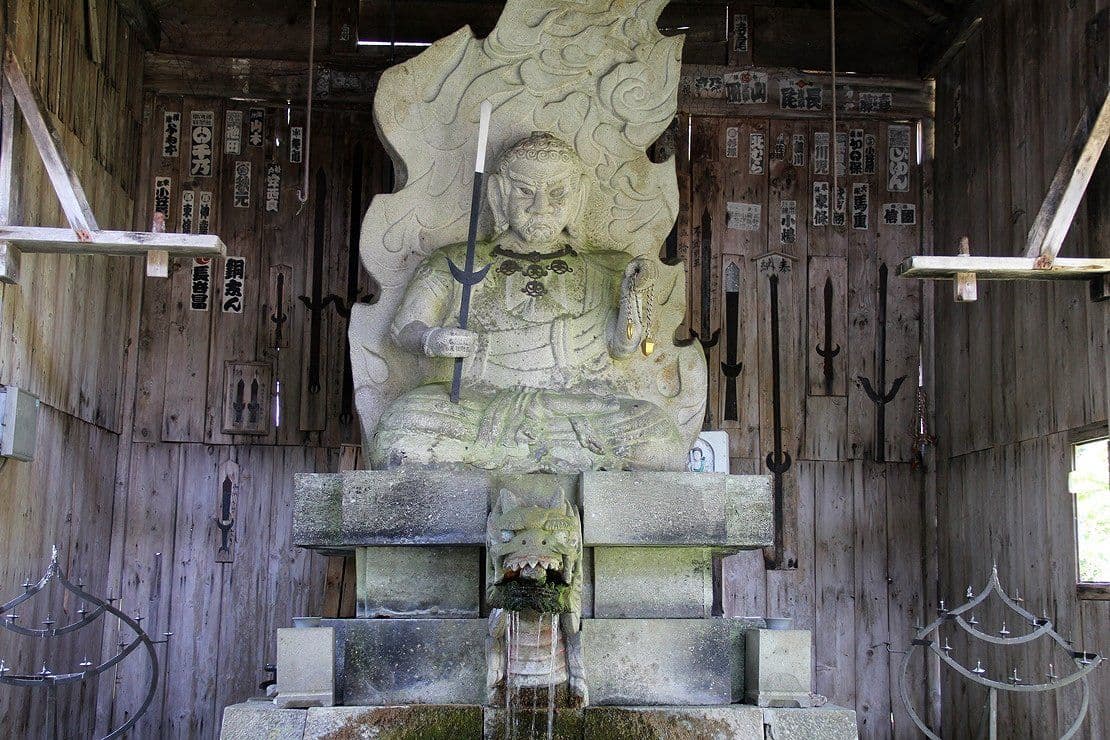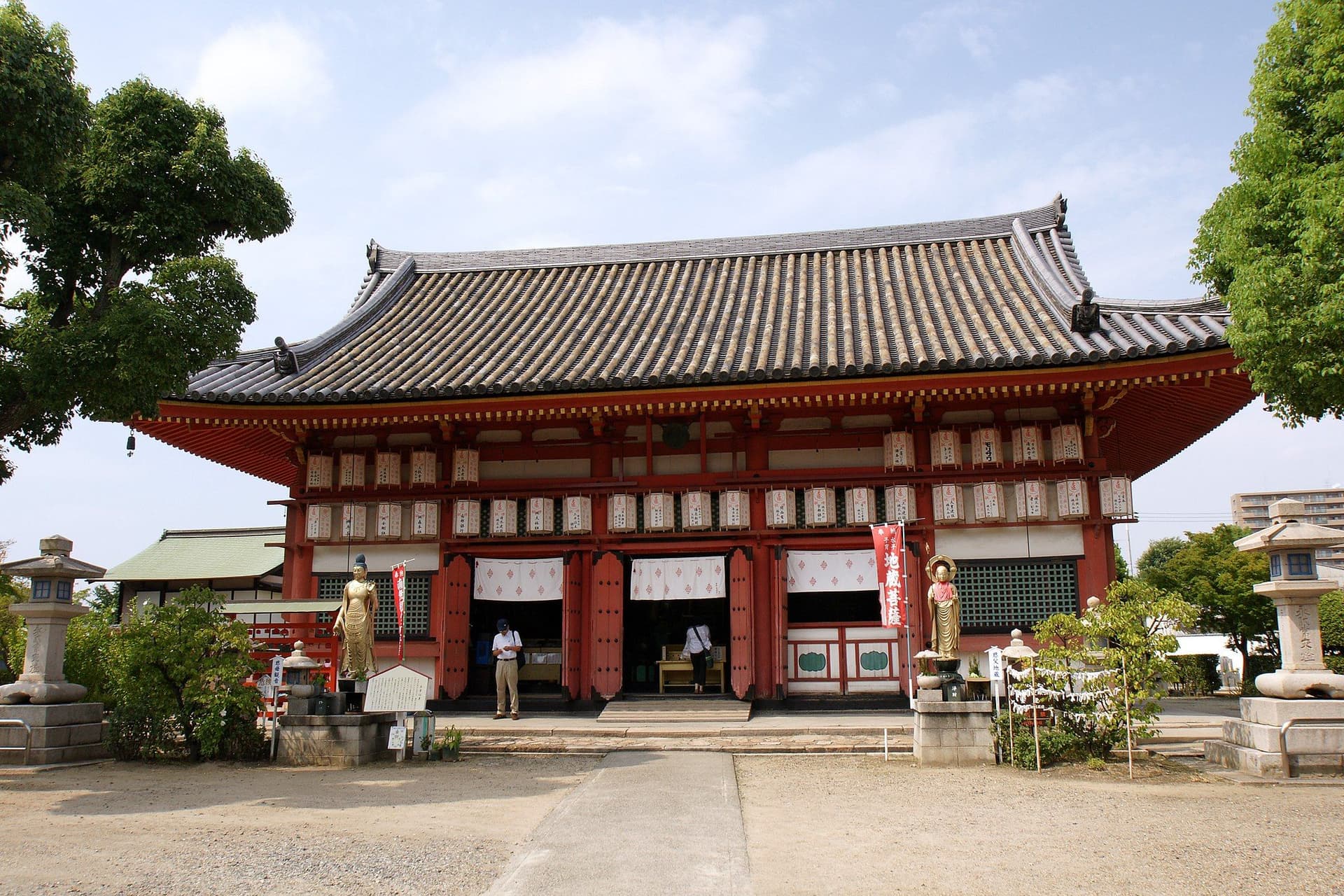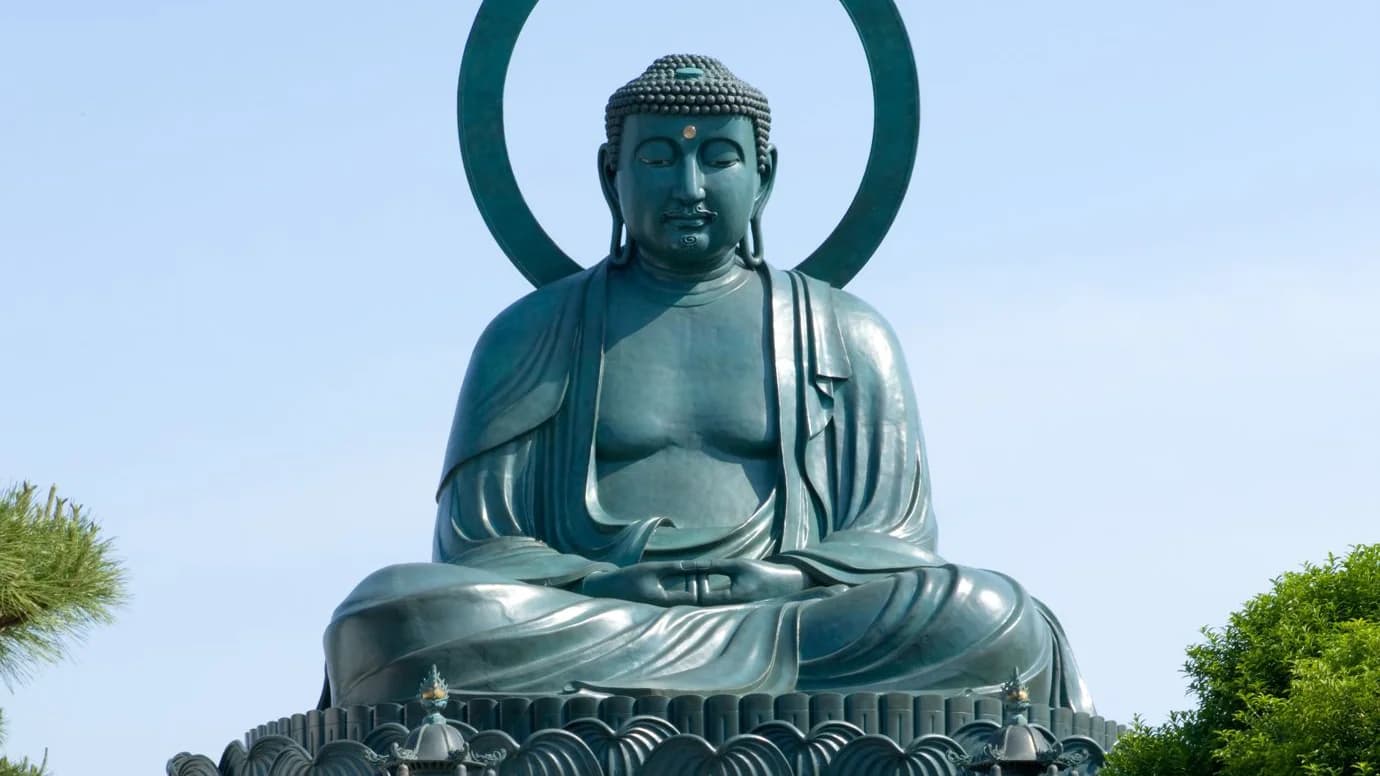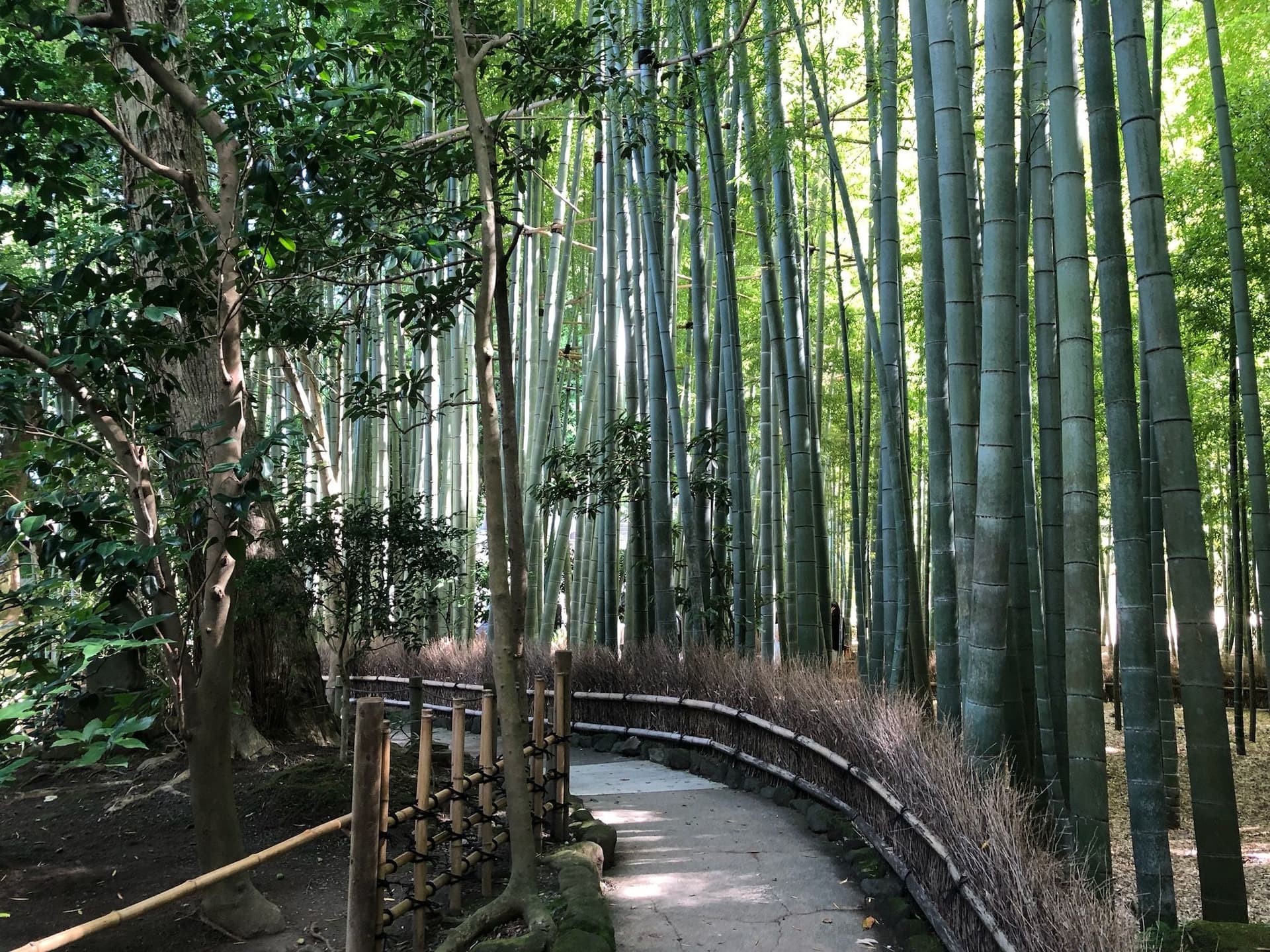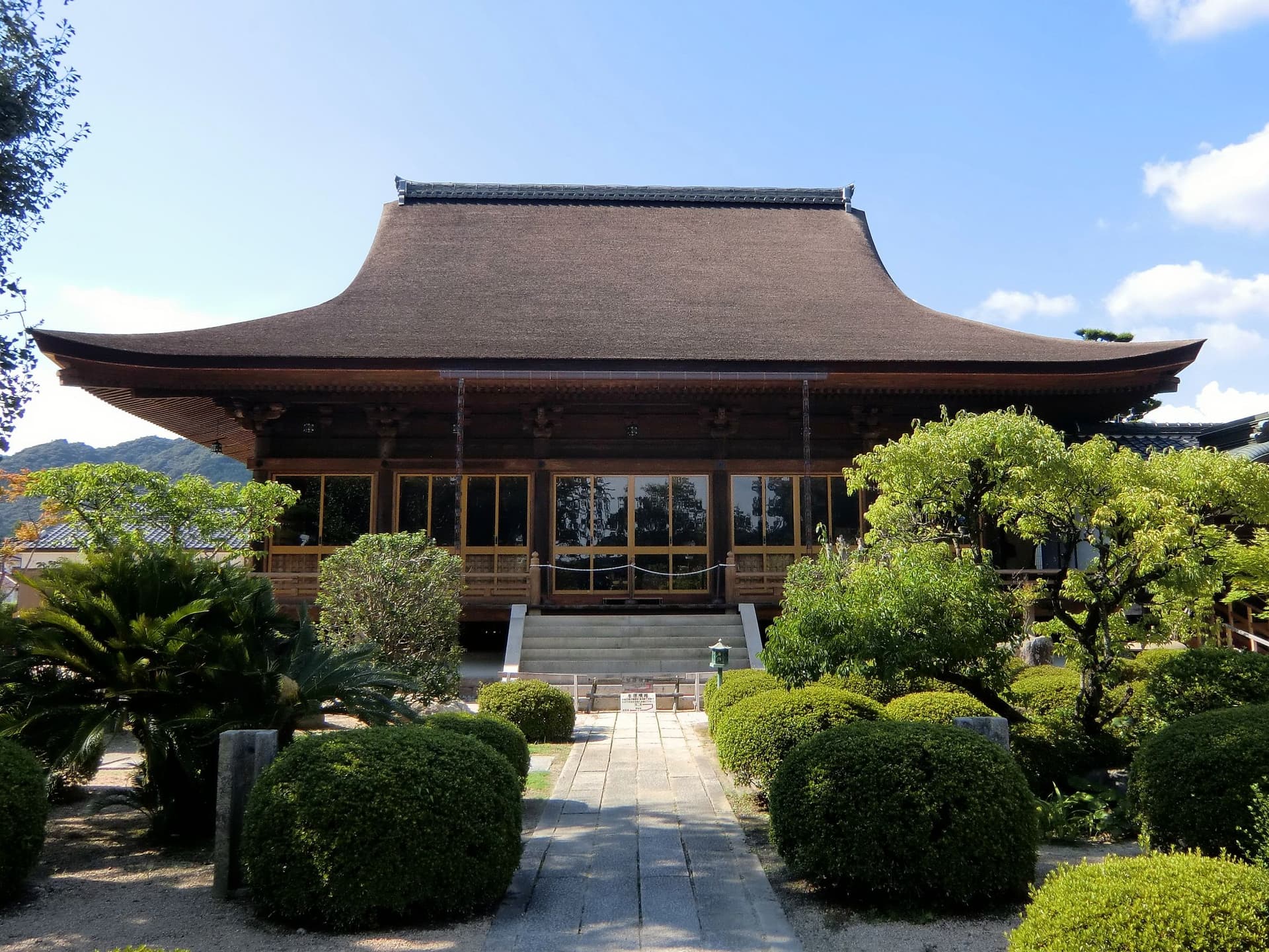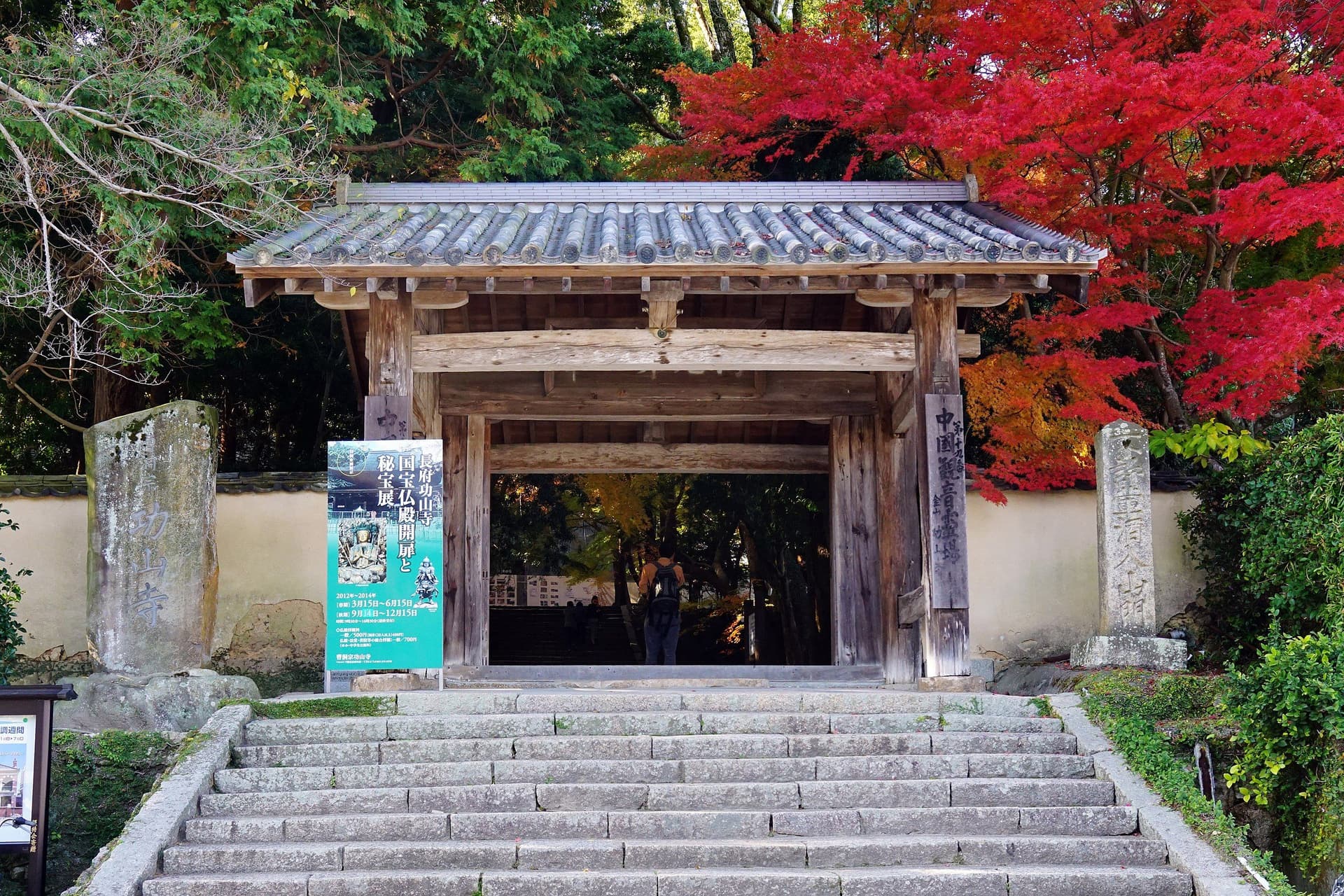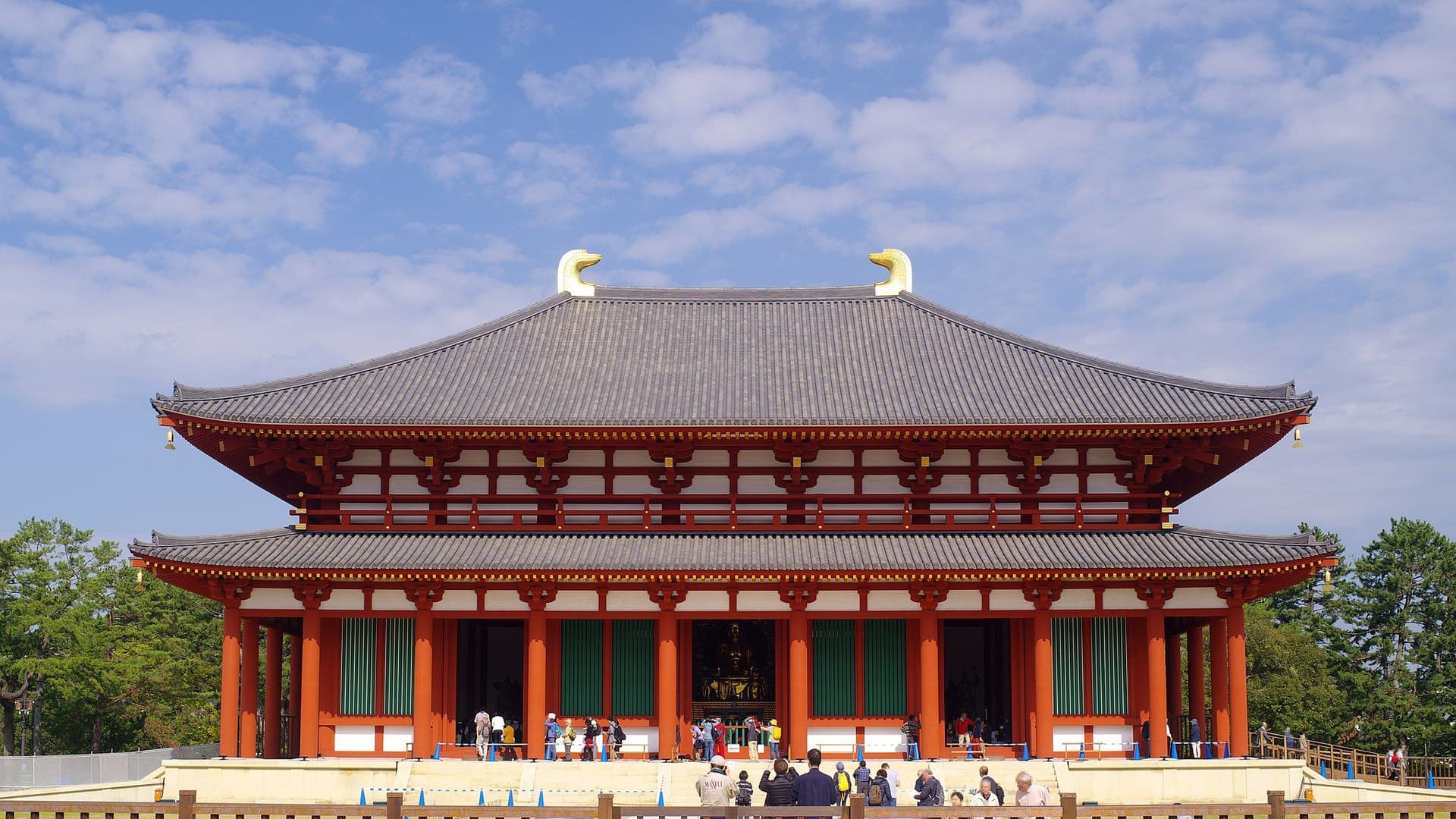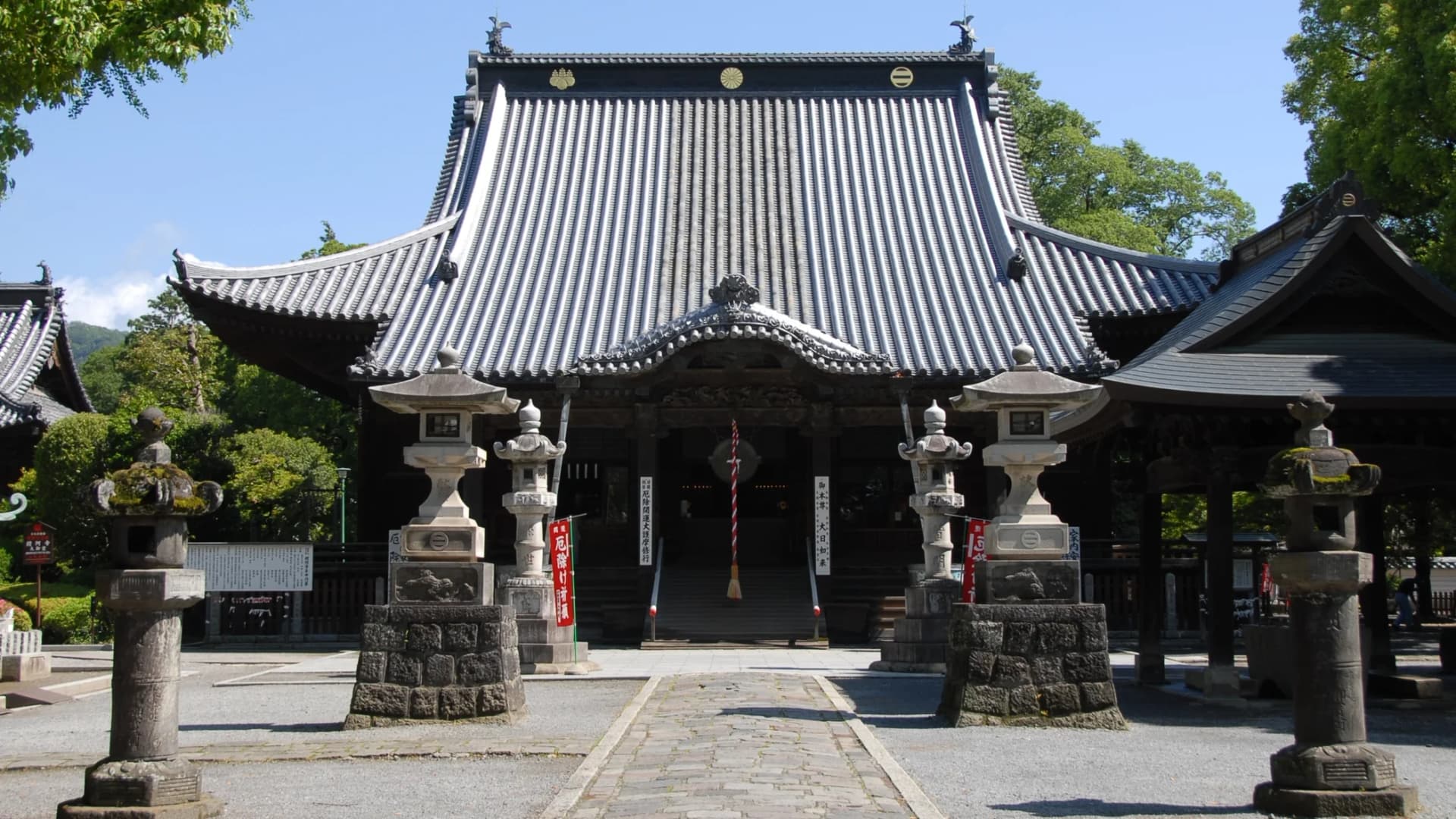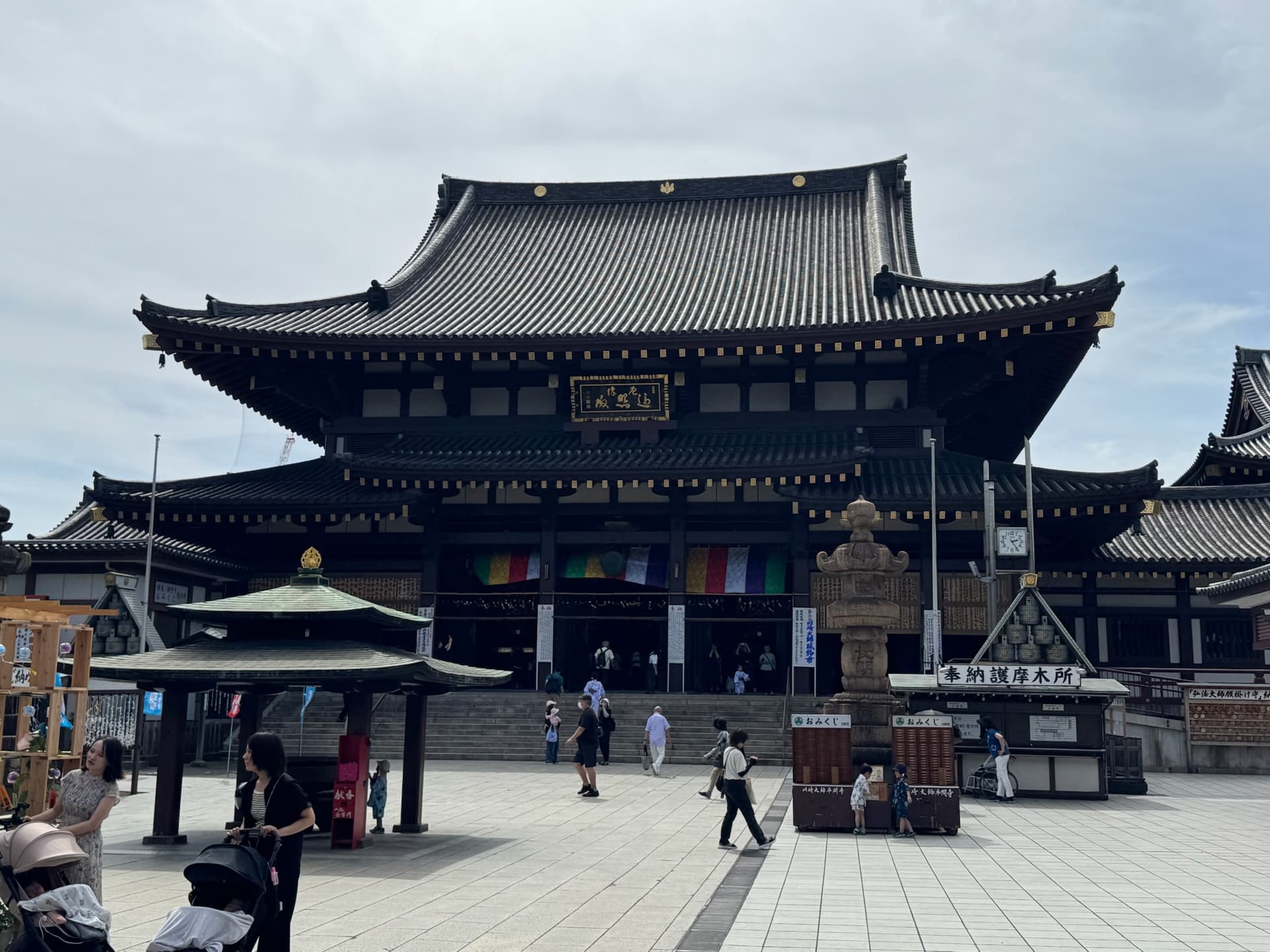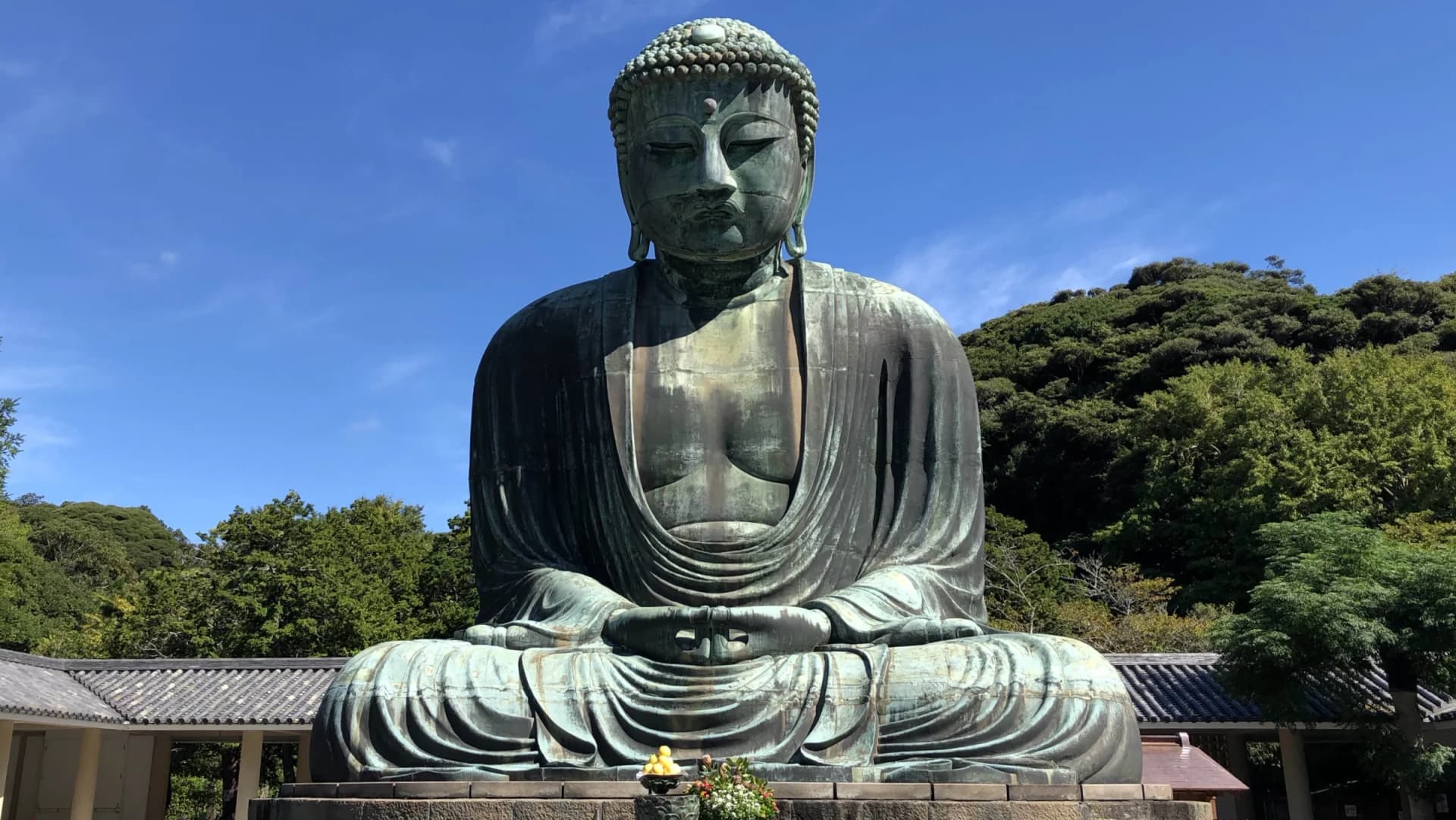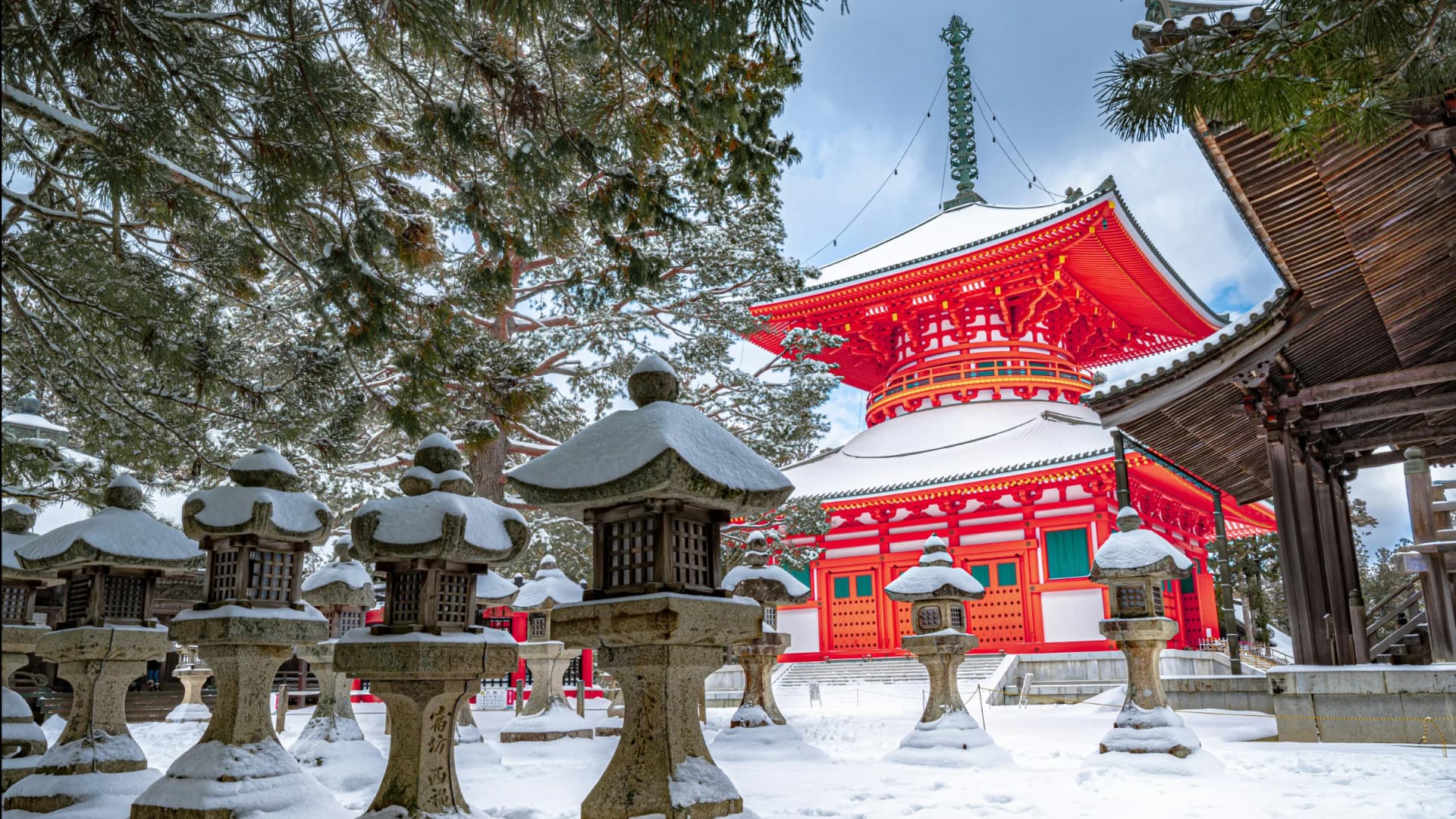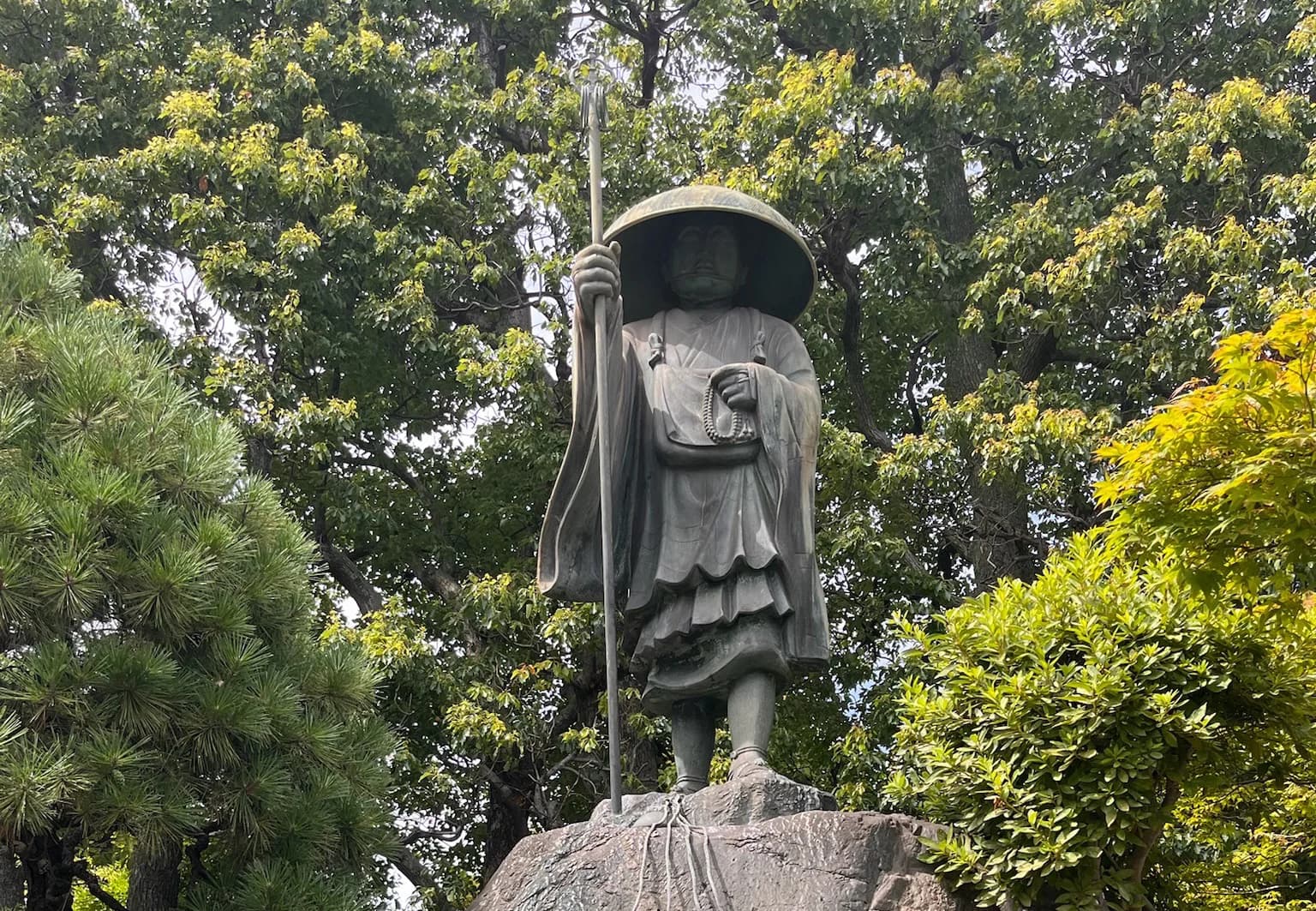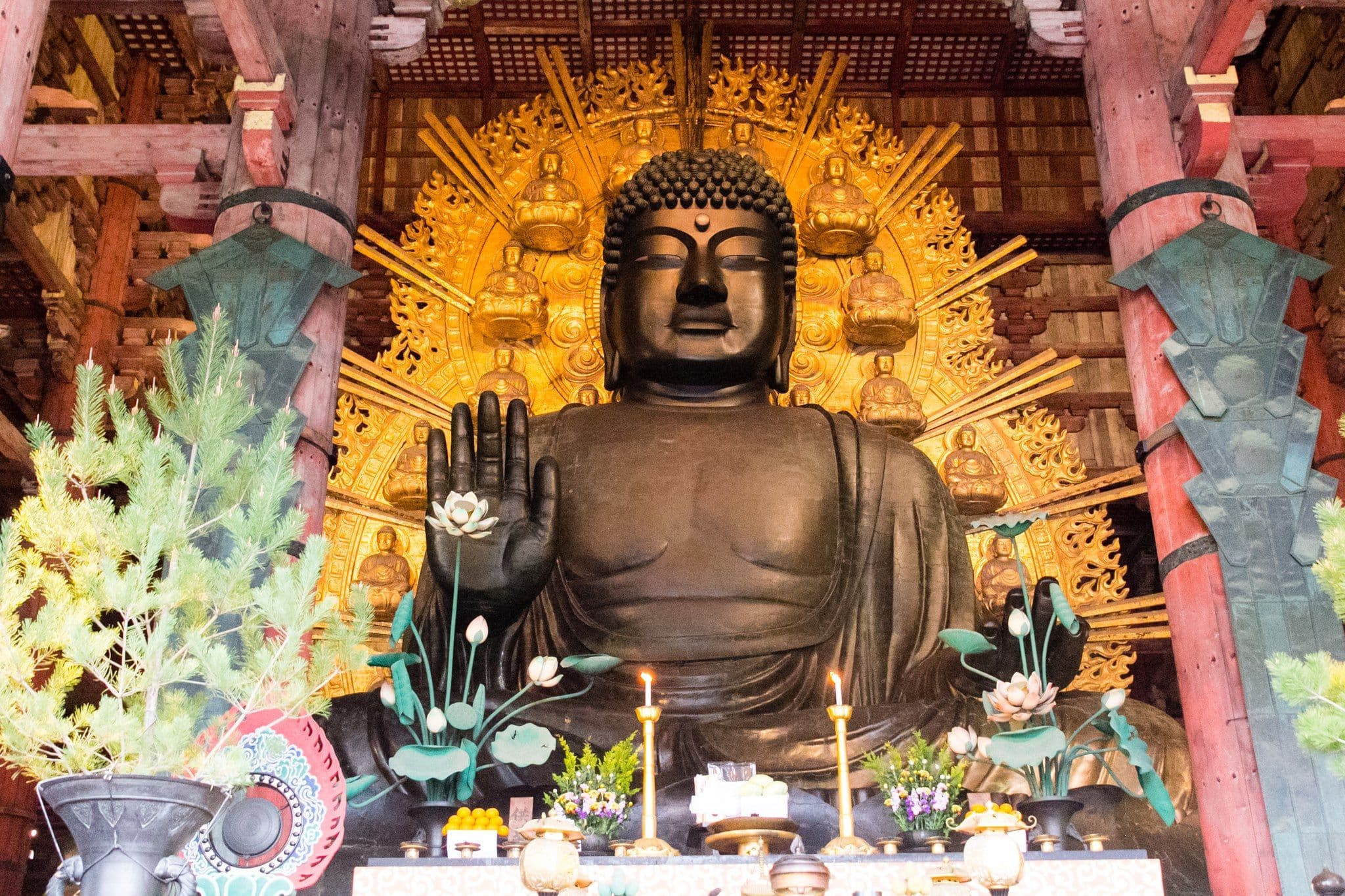
Buddhism
日本の仏教Buddhism is one of the major religions in Japan and has played a significant role in the country's history and cultural development for over a thousand years. Buddhism was introduced to Japan in the 6th century and has since become deeply ingrained in the country's religious and cultural fabric, with an estimated 100 million followers in Japan today.
Buddhism in Japan is diverse and complex, encompassing a range of sects and schools, each with its own unique beliefs and practices. However, the core teachings of Buddhism in Japan, as well as in other parts of the world, revolve around the Four Noble Truths, which state that all life is suffering, that suffering arises from craving and attachment, that suffering can be overcome, and that the path to the end of suffering is the Eightfold Path.
Buddhism in Japan has also been shaped and influenced by the country's cultural and historical context. For example, the Zen sect of Buddhism, which is characterized by its emphasis on meditation and mindfulness, is particularly influential in Japan, and has been integrated into many aspects of Japanese culture, including art, literature, and philosophy.
Buddhism in Japan is also associated with a number of traditional spiritual practices and rituals, such as meditation, chanting, and pilgrimage. Many Buddhists in Japan visit Buddhist temples and shrines to participate in these practices, and to seek spiritual guidance and support.
Related Places
Related topics
Last Updated:


